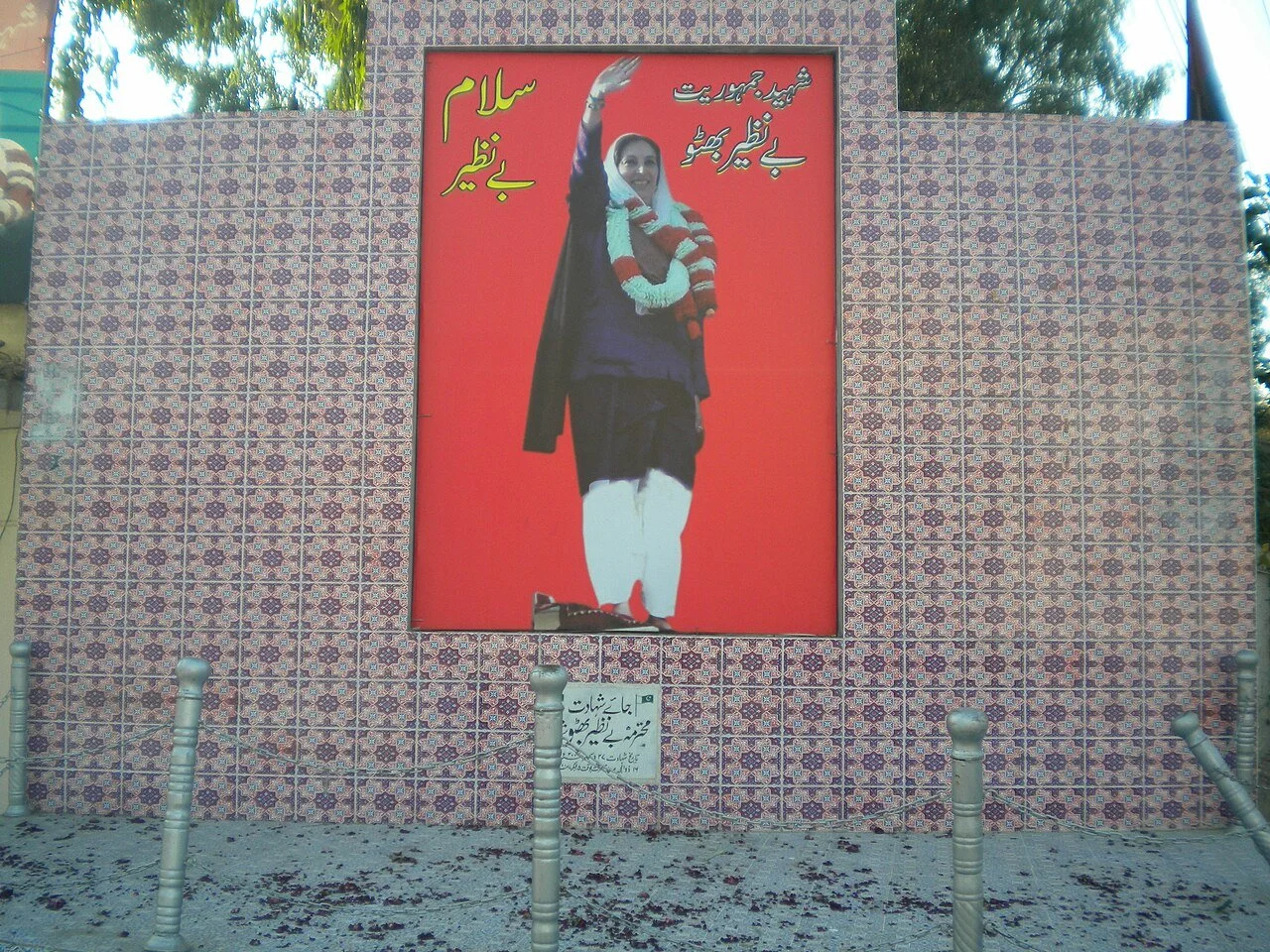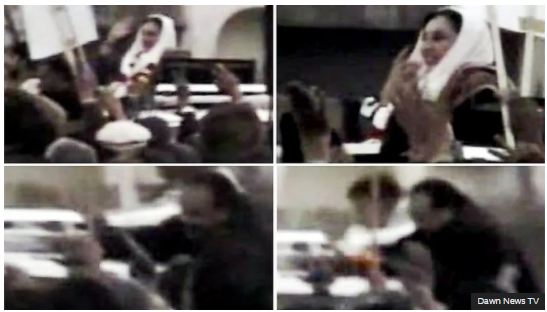The World
Africa & the Middle East
North America
South America
Asia
The first female PM of Japan, Sanae Takaichi, leads her LDP party right and holds hawkish policies on China.
Europe
NATO tests ‘Eastern Flank Deterrence Line’ as the EU prepares for mounting attacks from and against Russia.
The
Nepalese
Royal Massacre
Toronto, Canada (October 15th, 2025)
June 1st, 2001, the Narayanhiti Royal Palace in Kathmandu, Nepal was attacked. The Nepali Monarchy was destroyed. The Royal family and key lines of succession were murdered, King Birendra, Queen Aishwarya, Prince Nirajan, Rabi Shumshere, Kumar Mahesh, Kumar Khadga, Kumar Gorakh, Rajiv Shahi, Princess Dilasha, Princes Sitashma, with many staff injured.
The Attack
International outreach rose and even Scotland Yard offered to provide investigative forensic analysis to determine how the event played out. Instead, Nepal retained a two-man committee, Chief Justice Keshav Prasad Upadhyay and the Speaker of the House of Representatives Taranath Ranabhat. Their results determined a drug fueled Crown Prince Dipendra shot his family and ultimately shot himself in the head, later to die in a coma.
Early that evening Prince Dipendra was asked to leave the party, where he then called his girlfriend, Devyani Rana. Motivated by his parents disliking of his girlfriend, of lower caste and political status, and being advised he’d be passed over for King, Dipendra grabbed a M16 assault rifle and "A drunken crown prince indiscriminately fired, killing the royals".
The Reaction
King Birendra had ruled since 1972 and was well respected. In the 1990’s, he accepted the People’s Movement to limit his families Monarchical power and granted constitutional reforms for greater democracy. As the country mourned their loss, the unpopular Prince Gyanendra Bir Bikram Shah was crowned the new King of Nepal, which did raise suspicions from many as he was unusually absent on the night of the attacks. As Prince Dipendra was very well-respected by the Nepalese population, Gyanendra would never have been crowned King otherwise.
Other anomalies stood out, in that Gyanendra’s family, Komal, Paras and Prerana were spared during the massacre, although his son was injured and his wife was reported to have recovered from a life-threatening bullet wound. Also, witnesses claim to have seen multiple people wearing masks of Prince Dipendra, accounting for multiple bodies appearing throughout the Palace despite the attack occurring in the Billiard room. Another concern is that the right-handed Prince Dipendra’s self-inflicted head wound was at his left temple.
Finally, after the event, curfews were imposed some suspect the Nepalese army used time to clean up and dispose of over 900 bodies that were poisoned. Within days the Royal Family was promptly cremated there were no opportunities to complete comprehensive autopsy.
Fast forward
Following the Royal Families death, a series of changes impacted the political structure of Nepal. In 2006, the Maoist party succeeded in ending the Hindu Kingdom fully replacing the structure as a Federal Republic (with questionable backing by Indian Research and Analysis Wing and the American Central Intelligence Agency). In 2015, the Federal Democratic republic divided into seven provinces. And this year, in 2025, pro-monarchy protests took root to restore the Kingdom of Nepal with the last King Gyanendra as the head. Soon after, Prime Minister KP Sharma Oli has fled the country due to Gen-Z protests, and the country is currently under control of the Nepali army, until a new PM is selected.
The Assassination of Benazir Bhutto
Montreal, Canada (November, 9th, 2025)
The first democratically elected Prime Minister in Pakistan, Zulfikar Ali Bhutto was later hanged by the Pakistan military regime. Years later his daughter, Benazir Bhutto, successfully became the first woman to lead a Muslim country as Prime Minister (1988-1990) and again in (1993-1996). She ran on similar policies to her father; to take on corruption and she was a fierce opponent of Islamic Extremism throughout the country. She had threatened Al-Qaeda, the Taliban, local Jihadist groups, and was distrusted by the Pakistani military. Just as her father died in sacrifice to his politics, Benazir’s life was taken on December 27, 2007, by a 15-year-old suicide bomber Bilal in Rawalpindi, Pakistan.
“The court also acquitted five men who had been accused of being Taliban fighters involved in the conspiracy to murder Bhutto, However, it found two police officers guilty of “mishandling the crime scene”, each sentenced to 17 years imprisonment and fined 500,000 rupees ($4,700)” Al Jazeera New Agencies.
Pakistani State – The Pervez Musharraf government immediately blamed the assassination on Taliban Chief Baitullah Mehsud, who was later killed a drone attack in 2009. The Pakistani anti-terrorism courts, however, accused Musharraf himself in 2013, and he faced a travel ban up to 2016. As soon as he could he fled to Dubai.
United Nations – a 3-member UN team drafted a 70-page report in 2010 criticizing the Musharraf’s governments limits to providing Bhutto proper security detail. The response of Police officer Khurram Shahzad who hosed down the scene 2 hours after the attack drew attention, and Rawalpindi Police Chief Saud Aziz refused an autopsy of her body, both were convicted for conspiracy – but named no other conspirators.
Conspiracy Theorists – As the Pakistan People’s Party (PPP) came to power after her death, Bhutto’s widow Asif Ali Zardari was elected president. As Zardari’s senior aide Bilal Sheikh oversaw Bhutto’s security when she returned from exile questions arose about his involvement in her death. Sheikh was killed by a suicide bomber in 2013. Video footage of Bhutto’s trusted bodyguard Khalid Shahensha rose suspicions about his behaviour and gestures on the day of the assassination. Shahensha was gunned down in Karachi in 2008.



















